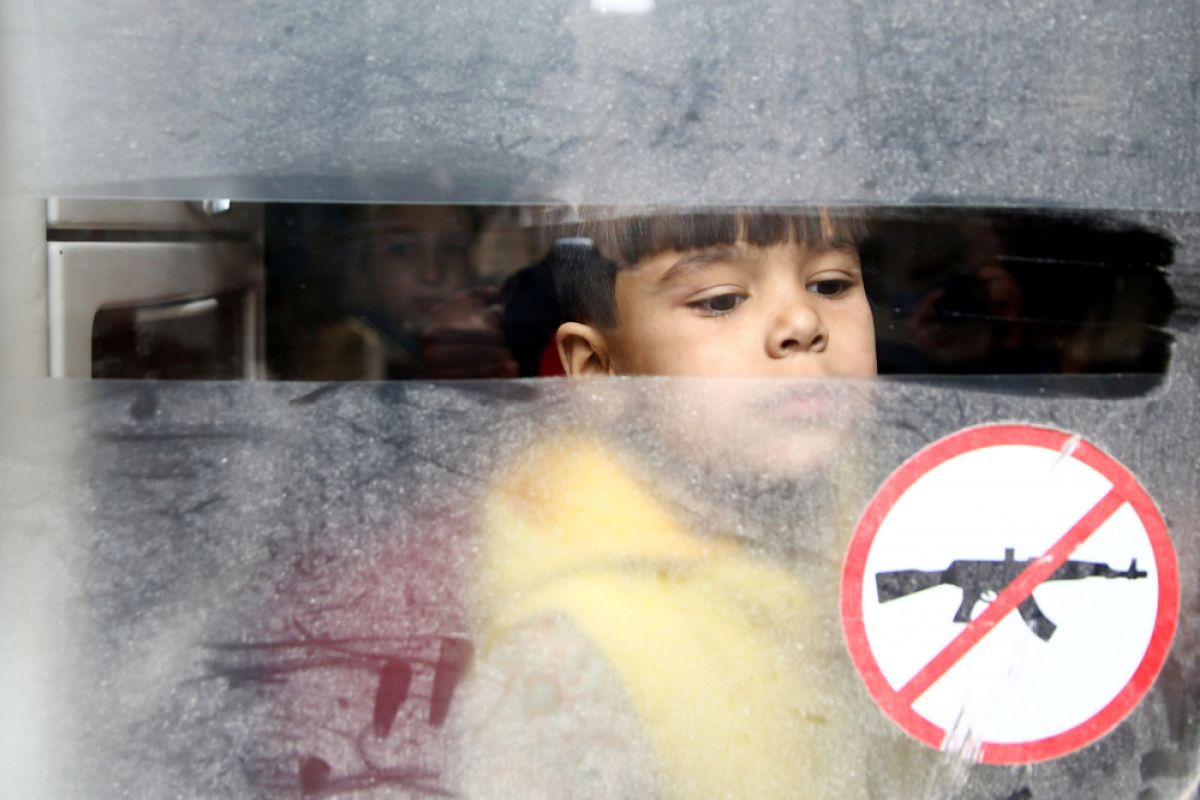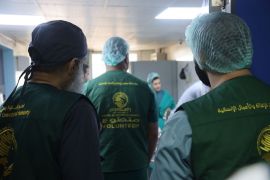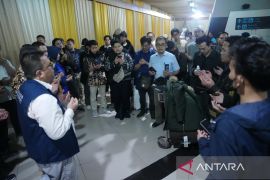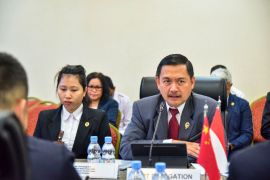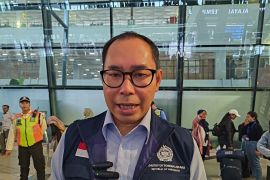Recent weeks have seen a further serious deterioration of the humanitarian situation in the northwest, while the situation in other regions remains complex, John Ging, director of operations and advocacy of the UN Office for the Coordination of Humanitarian Affairs, told the Security Council.
Intense aerial bombardment and shelling were reported in parts of Idlib, Aleppo, Hama and Latakia governorates, resulting in civilian casualties and damage and destruction of civilian infrastructure, placing even more strain on humanitarian responders and vulnerable host communities, said Ging in a briefing to the Security Council.
On Aug. 10, airstrikes on the town of Urem Al-Kubra in western Aleppo were reported to have killed 41 civilians, and wounded more than 70 others. On the same day, bombs were dropped on Alteh and Khan Sheikhoun in southern Idlib, killing 12 civilians and wounding dozens of others. On Aug. 12, a total of 67 people were reportedly killed and 37 others were injured, including many women and children, when a weapons depot in a residential building exploded near Sarmada in rural Idlib, he said.
Health facilities were attacked and school activities were suspended in several areas due to hostilities, said Ging.
Humanitarian organizations are responding to needs across the northwest, drawing on cross-border assistance deliveries, which continue to provide the critical lifeline for hundreds of thousands of civilians who cannot be reached through other means. Some 680,000 people received food delivered from Turkey during the month of July alone, and 254,000 people received health assistance during the same period, he said.
In the southwest, where the Syrian government has regained control over the vast majority of Daraa, Quneitra and As-Suwayda governorates, large-scale return of internally displaced people has already taken place, and fewer than 60,000 people are now estimated to remain displaced in the three governorates.
However, massive levels of humanitarian need persist in the region and the United Nations continues to provide aid in partnership with the Syrian Arab Red Crescent and other local organizations, said Ging, as reported by Xinhua.
Food assistance has been provided for more than 390,000 people, as have water and sanitation, education and shelter assistance, as well as protection services, he said.
The humanitarian situation remains complex and challenging in other parts of the country, he said.
Ging asked the Security Council to ensure de-escalation in Idlib and surrounding areas, to ensure safe, unimpeded and sustained humanitarian access, and to ensure the protection of civilians and civilian infrastructure.
A worst-case scenario in Idlib will overwhelm capacities and has the potential to create a humanitarian emergency at a scale not yet seen through this crisis, he warned.
Syria remains among the most dangerous countries in the world for humanitarian workers and health care providers. Many have been directly targeted in the course of their work or forced to flee their homes. Hundreds have lost their lives, said Ging. "We continue to remind all parties to the fighting in Syria of their obligations under international humanitarian law to protect and respect humanitarian relief personnel."
UN Under-Secretary-General for Humanitarian Affairs Mark Lowcock is in Damascus to engage with the Syrian government on how best to further scale up the collective humanitarian response across Syria and how to ensure that those in greatest need are assisted and protected. His visit coincides with a trip of UN High Commissioner for Refugees Filippo Grandi.
Reporter: Antara
Editor: Chaidar Abdullah
Copyright © ANTARA 2018
